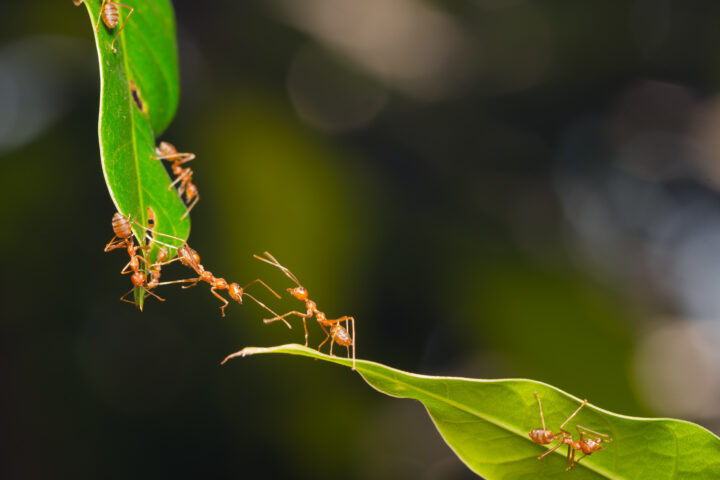
Sri Lanka: Pesticide ban with disastrous consequences
As Sri Lanka experiences its worst economic crisis in 70 years, the population is protesting against the country’s political leaders and the disastrous situation surrounding the supply of basic necessities. One significant contributing factor to this predicament is last year’s decision by the government to ban pesticides and synthetic fertilizers, which resulted in poor harvests and soaring food prices.
Tuesday, July 19, 2022
In April 2021, the Sri Lankan government voted to ban chemical fertilizers and pesticides. The agricultural sector—roughly two million farmers—was expected to change over to entirely organic farming more or less overnight, and there was an immediate ban on fertilizer imports. The ramifications quickly became apparent. As the Zurich-based Sunday paper “NZZ am Sonntag” reported, rice production fell by 25 percent in the first six months after the fertilizer ban. Rice suddenly had to be imported for a total of USD 450 million, even though Sri Lanka had previously been able to produce sufficient rice itself. The supermarket price of rice doubled, making rice unaffordable for many households.
Vegetable gardens suddenly empty
Sri Lanka is renowned for its tea production, yet even that has been affected by the switch to organic farming. Within those same six months, yields from the tea plantations fell by a third. This also hit many people hard, as tea exports have been a guarantor of hard currency. When synthetic fertilizers and pesticides were still permitted, Sri Lankan teas represented around a quarter of the world’s tea production. Yet, plantation owners and big landowners were not the only ones affected by forced organic farming. In Sri Lanka, millions of people grow vegetables in their own gardens. Many now faced empty vegetable plots and were forced to pay exorbitant prices for produce at markets. In the “NZZ am Sonntag,” Razeen Sally from the Institute of Policy Studies of Sri Lanka, a prestigious think-tank on economic policy, calls the compulsory changeover to organic farming an “inconceivably stupid idea” and believes that no other misguided decision could have pitted such a broad spectrum of the population against the government.
Lack of evidence for the organic farming experiment
By November 2021, crop losses and price increases were too large, and the Sri Lankan government was forced to backpedal and allow fertilizers to be imported again.. As Björn Lomborg writes in the German business newspaper “Handelsblatt,” the organic farming experiment failed because of one thing: Sri Lanka does not have sufficient land area to enable it to replace synthetic fertilizers with animal fertilizers. The country would need seven to eight times more manure to be able to switch over to organic farming and still maintain production. All of this shows that a production changeover is only sustainable if it spans across all three dimensions of sustainable development. A sustainable solution cannot be based on producing insufficient food or food that is too expensive for the population. The pro-organic argument that Sri Lanka simply did not have enough time for the changeover is a shabby excuse. A radical changeover from conventional to organic farming requires evidence that the future solution will work. This evidence is still lacking.
Blindspot article
Sources
Related articles

Ant infestation threatens Zurich communities
An invasive ant from the Mediterranean region is spreading rapidly in the canton of Zurich, threatening communities, construction projects, and agriculture. Insecticides could help—but their use remains severely restricted.

Genetic scissors for the future – soon in Switzerland too?
Genome editing is seen as a promising way to make agriculture more sustainable and climate-resilient. But Switzerland is hesitant to approve it. A popular initiative even wants to ban it. But what can CRISPR really do?

Less than 50 percent: How Switzerland is squandering its self-sufficiency
Swiss agriculture is under enormous pressure. Extreme weather conditions, pests and increasingly stringent regulations are putting producers under strain. As a result, self-sufficiency is falling dramatically, especially for plant-based foods. To ensure food security in Switzerland, effective plant protection products are urgently needed.

Only half the truth in the genetic engineering debate
Those who only see the risks remain blind to the opportunities offered by a new technology. Opponents of genetic engineering have presented a new survey on new breeding methods, which reveals some telling gaps.

